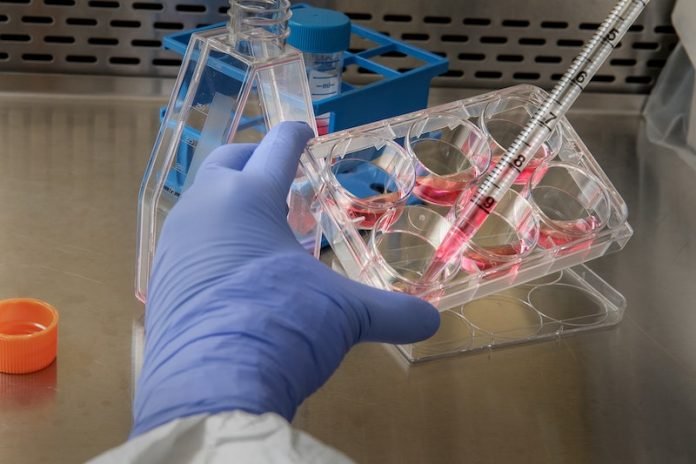
In a new study, researchers found a mix of antibodies from recovered COVID-19 patients could recognize and lock down the infection of the pandemic coronavirus and keep it from entering cells.
Each of the antibody types performs these overlapping tasks slightly differently.
Low doses of these antibodies, individually or as a cocktail, were also shown to protect hamsters from infection when exposed to the coronavirus by preventing it from replicating in their lungs.
An advantage of such antibody cocktails is that they might also prevent the natural mutant forms of the virus that arose during this pandemic to escape treatment.
As some variants in the infection machinery have already been discovered during the coronavirus pandemic, using a mix of antibodies allows for the neutralization of a broad spectrum of such viral variants.
In addition to preventing virus entry into host cells, the presence of the antibodies also seems to set off the infection-fighting actions of other immune cells, which arrive to clear out the virus.
The research was conducted by a team at the University of Washington and elsewhere.
In the study, the team determined how the antibodies worked on a molecular level.
Besides directly preventing interactions with the host receptor, one of the two discovered antibodies locks the infection machinery in an inactive conformation, meaning it could not fuse with the host membrane on the surface of the cell.
If unable to fuse, the coronavirus cannot break in and deliver its RNA to commandeer the cell.
The team says efficient therapeutic options are needed to control the spread of COVID-19 that has caused more than 978,000 fatalities worldwide.
While the world awaits approved vaccines, pharmaceuticals to prevent or treat infections from the pandemic coronavirus are being sought that might be quicker to develop and test.
These might both address the gap until vaccines are widely distributed, and still be needed for use after vaccines are available.
The current results pave the way to implement antibody cocktails for prophylaxis or therapy that might have the advantage of circumventing or limiting the emergence of viral escape mutants.
The antibody cocktail in their study needs to undergo trials in humans to determine safety and effectiveness.
One author of the study is M. Alejandra Tortorici.
The study is published in Science.
Copyright © 2020 Knowridge Science Report. All rights reserved.



